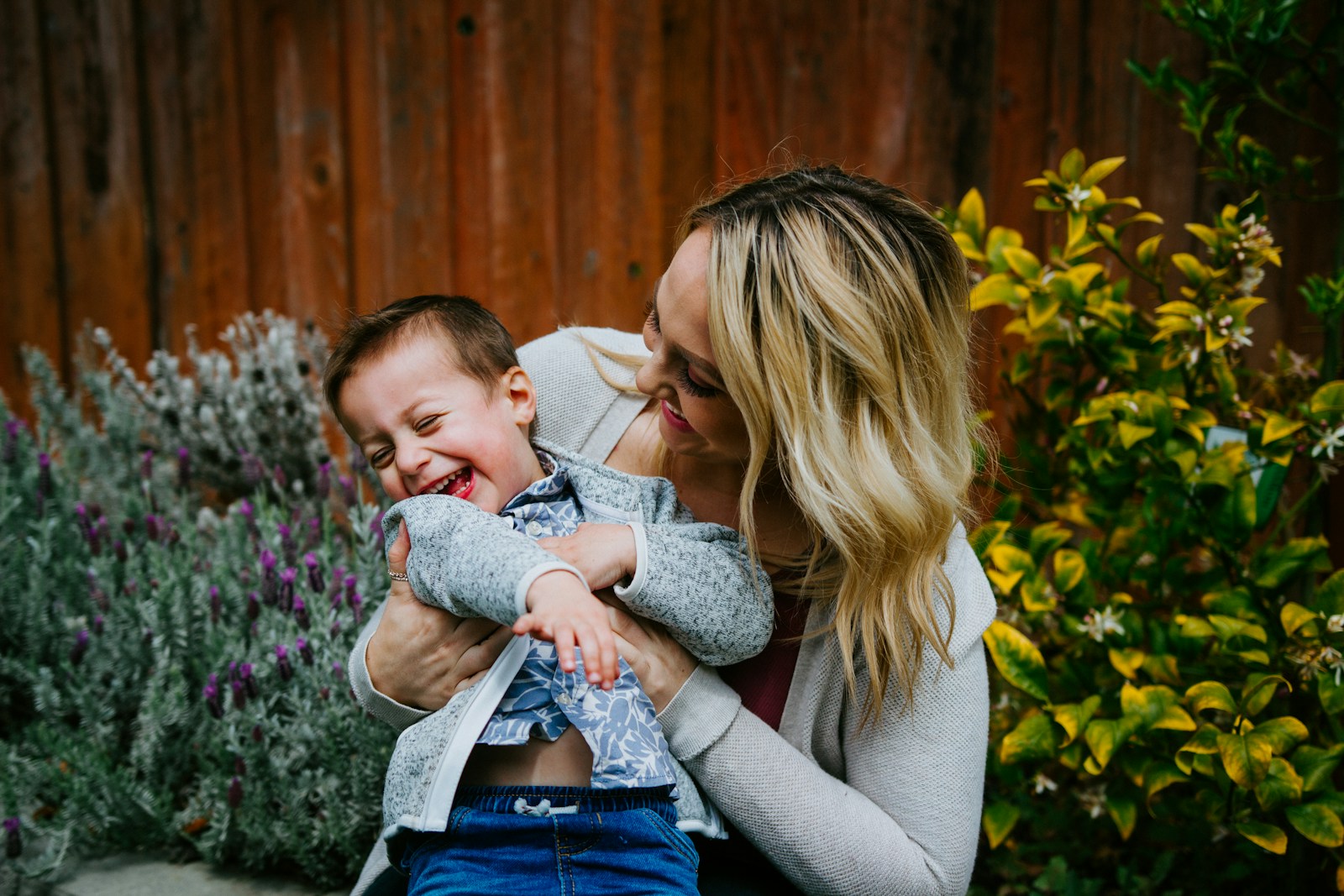
famille

family
The French word 'famille' is used in the same context as the English word 'family'. It refers to a group of individuals related by blood, marriage, or adopting, living together. It can also refer to all the descendants of a common ancestor. It is used in several expressions such as 'Une grande famille' meaning a large family or 'Toute ma famille' meaning all my family.
Example sentences using: famille
Elle adore passer du temps avec sa famille.

She loves to spend time with her family.
In this sentence, 'Elle adore passer du temps avec sa famille' translates directly to 'She loves to spend time with her family.' This implies that the subject of the conversation, 'she', enjoys the company of her family members.
Nous avons une grande famille.

We have a large family.
'Nous avons une grande famille' in French signifies that the speaker's family is large in number. This could refer to the presence of many siblings, extended family members or others living together in a family system.
Il part en vacances avec sa famille chaque année.

He goes on vacation with his family every year.
This French sentence 'Il part en vacances avec sa famille chaque année' means that the person being discussed, 'he', embarks on an annual holiday with his family.
La famille est très importante pour moi.

Family is very important to me.
'La famille est très importante pour moi' in French implies that the speaker places high value on their family relationships and deems them to be of high importance in their life.
Elle a présenté son petit ami à sa famille.

She introduced her boyfriend to her family.
The phrase 'Elle a présenté son petit ami à sa famille' signifies that 'she' introduced her boyfriend to her family, showing the steps of a relationship in a cultural context.
Nous aimons faire des activités en famille.

We love to do activities as a family.
This sentence 'Nous aimons faire des activités en famille' indicates that the speaker and their family enjoy spending time together during various activities.
Ma famille me manque quand je suis loin de chez moi.

I miss my family when I am away from home.
This sentence 'Ma famille me manque quand je suis loin de chez moi' from French translates to the sentiment of missing one's family when they're not at home or are away.
Ma famille et moi avons visité la tour Eiffel.

My family and I visited the Eiffel Tower.
The French sentence 'Ma famille et moi avons visité la tour Eiffel' tells us that the speaker and their family have visited a popular tourist destination, the Eiffel Tower.
Il est l’aîné de la famille.

He is the eldest in the family.
'Il est l’aîné de la famille' translates to 'He is the eldest in the family' in English. This suggests that 'he' holds a position of seniority in the family due to being the oldest sibling or family member.
Je vais dîner avec ma famille ce soir.

I am going to have dinner with my family tonight.
In French, 'Je vais dîner avec ma famille ce soir' means the speaker is planning to have dinner with their family that night. 'Ma famille' refers to the speaker's own family, indicating that they possess a close relationship.